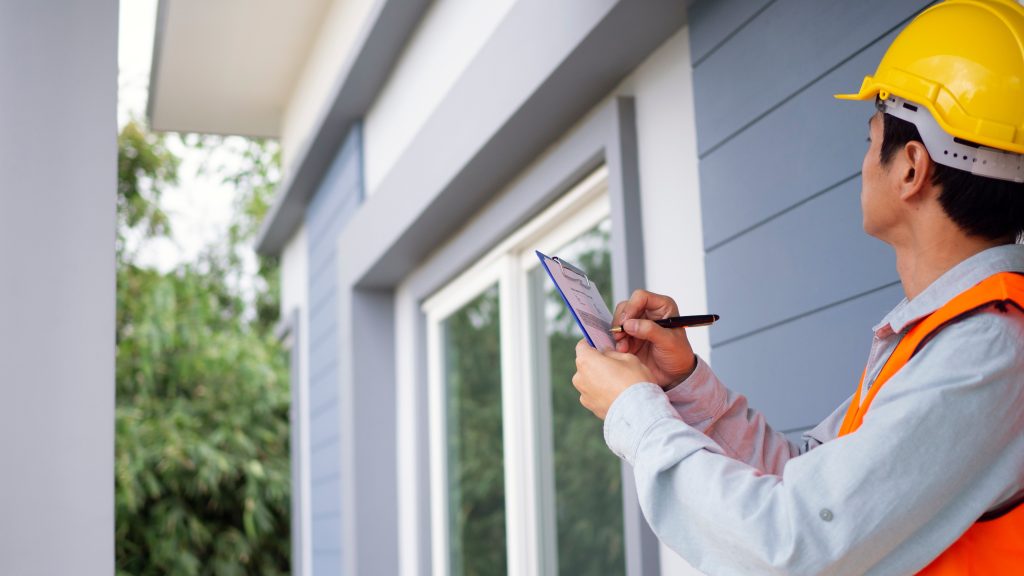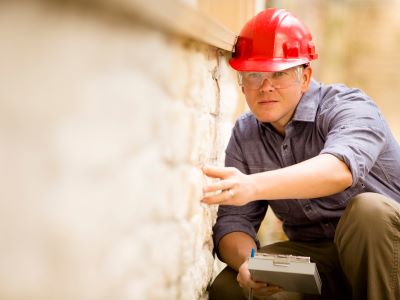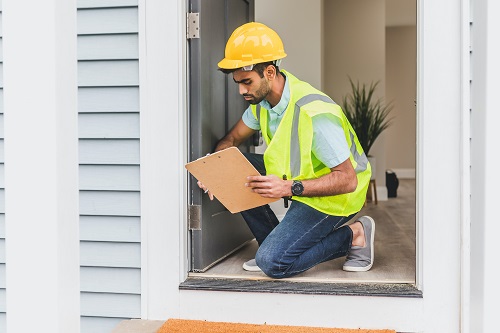All Categories
Featured
Table of Contents
Why Is Building Control Important? - Labc in Mount Claremont Australia 2023
Before you buy a home, among the things you ought to do is to have it took a look at by a expert home inspector. Yes, we can hear your objection: "Buying a house is costly enough as it is! Why would I pick to shell out hundreds more if I'm not needed to?" In this article, we'll dive into what a house inspection can expose and whether it deserves working with an inspector as a home buyer.
A comprehensive assessment is a vital step in purchasing a home, and numerous loan providers will not use financing on a home without one. Home examinations can discover potentially deadly issues like mold or malfunctioning wiring that might trigger a significant fire. The majority of possible purchasers have a seven-day window after a house assessment to leave the purchase.
In some scenarios, realtors are likewise understood to consist of house examination clauses in agreements, such as those for a recently built house. In new home building, examinations typically cover:: Monitoring before the concrete is put (when put, there's very little that can be remedied).: Checking the structure and mechanics prior to the drywall is laid.: A complete walk-through is carried out of the finished home.
What To Expect From Your Building Inspector in Leda Oz 2023

The typical inspection lasts 2 to 3 hours, and you need to exist for the assessment to get a direct explanation of the inspector's findings and, if needed, ask concerns. Any problems the inspector uncovers will make more sense if you see them in individual rather of relying entirely on the snapshot pictures in the report.
While it is difficult to list everything an inspector might check for, the following home assessment list for buyers need to provide you a general concept of what to anticipate. The inspector will complete a full examination of the beyond the structure. This will include climbing up into any crawlspaces under the home and utilizing a ladder to reach and inspect the roof and other items.
However, the insect inspector (yes, you may desire to engage among those too), not the house inspector, will look for actual damage from termites, and so on. The inspector will let you know which problems are cosmetic and which could be more serious. If the structure is not noticeable, and it usually is not, the inspector will not be able to examine it straight.
5 Reasons Why You Need A Building Inspection ... in Tapping Oz 2022
The inspector will look for locations where roof damage or bad setup could permit water to get in the house, such as loose, missing out on, or improperly secured shingles and broken or damaged mastic around vents. They will likewise inspect the condition of the gutters. Home inspectors do not usually have to examine particularly for termite damage, mold, asbestos, or water contamination.
The inspector will likewise finish an extensive assessment of the interior of the home. The home inspector will inspect all faucets and showers, look for noticeable leaks and check the water pressure.

The inspector will look at your heating and cooling system to approximate the age of the heater and a/c unit, identify if they operate appropriately, and suggest repairs or upkeep. An inspector can likewise give you an idea of the age of the house's ducting, whether it may have leaks, if your house has adequate insulation to reduce your energy costs and whether there is any asbestos insulation.
Building And Pest Conditions For Home Buyers - Help Guide in Millendon Aus 2023

The inspector will also let you understand what kind of condition it remains in and offer you a general idea of how many years it has left. The inspector will in some cases check cooking area home appliances that come with the home to make certain they work, but these are not constantly part of the assessment.
The inspector will make sure the laundry space is properly vented. An inadequately kept dryer-exhaust system can be a serious fire danger. If the home has an attached garage, the inspector will ensure the wall has the proper fire rating and hasn't been damaged in any way that would jeopardize its fire rating.
The inspector will look for noticeable leakages, correctly secured toilets, appropriate ventilation, and other issues. If the bathroom does not have a window or a ventilation fan, mold and mildew can become problems, and moisture can warp wood cabinets with time. A home appraisal is a different action than a house inspection, however is likewise typically a required contingency.
Registered Building Inspector Whakatane - Tauranga in Mt Helena WA 2023
A home inspector only evaluates the home's condition for total safety or possible problem areas, like a dripping roofing, peeling paint, or anything not up to the regional building code. A home assessment can't determine whatever that may be incorrect with the residential or commercial property; it only look for visual hints to issues.
Table of Contents
Latest Posts
How Do I Choose A Building Inspector Before Buying A House? in Oz 2022
Get A Pre-purchase Building Inspection From ... in Mundaring Western Australia 2020
When Should A Building Inspector Visit? in Huntingdale Australia 2023
More
Latest Posts
How Do I Choose A Building Inspector Before Buying A House? in Oz 2022
Get A Pre-purchase Building Inspection From ... in Mundaring Western Australia 2020
When Should A Building Inspector Visit? in Huntingdale Australia 2023